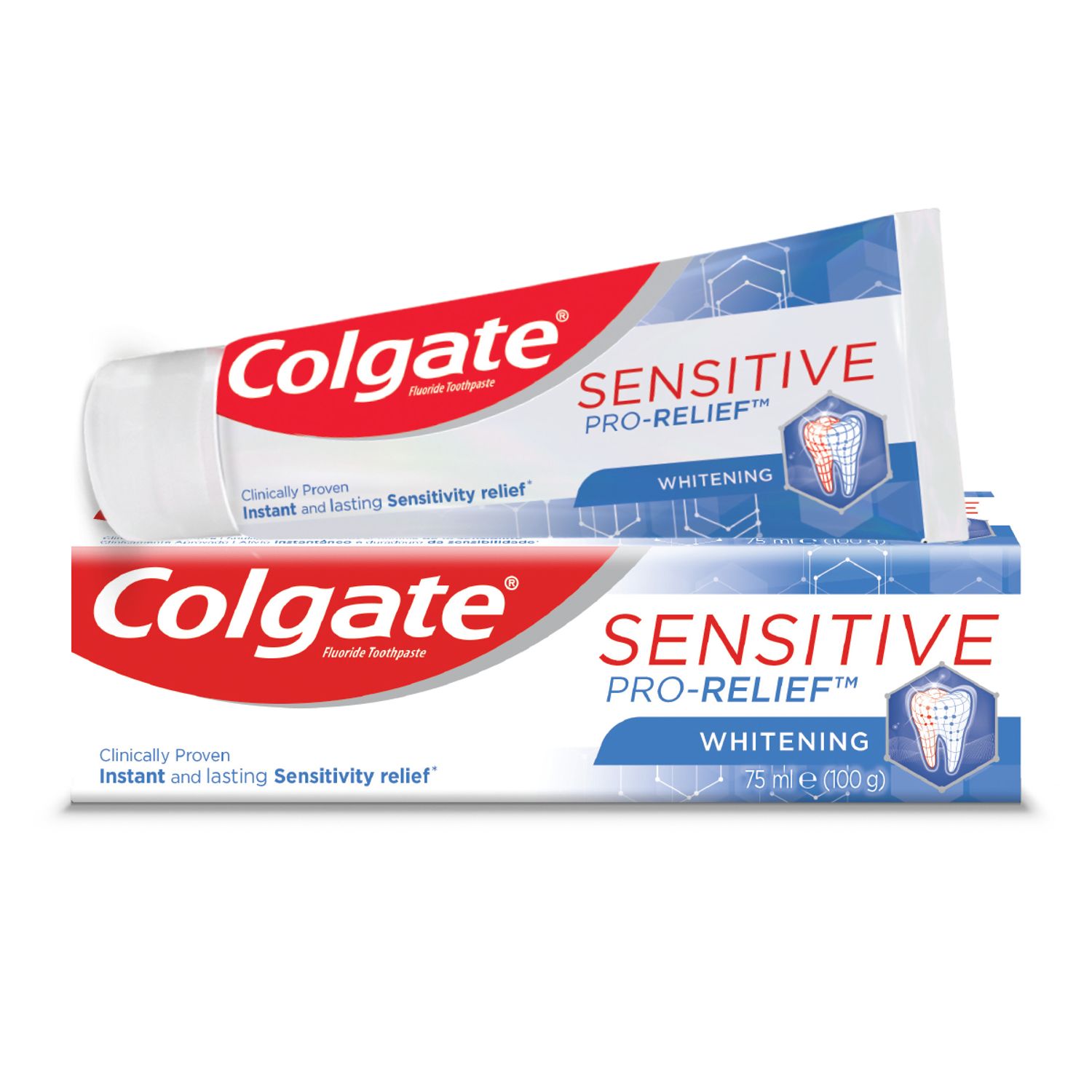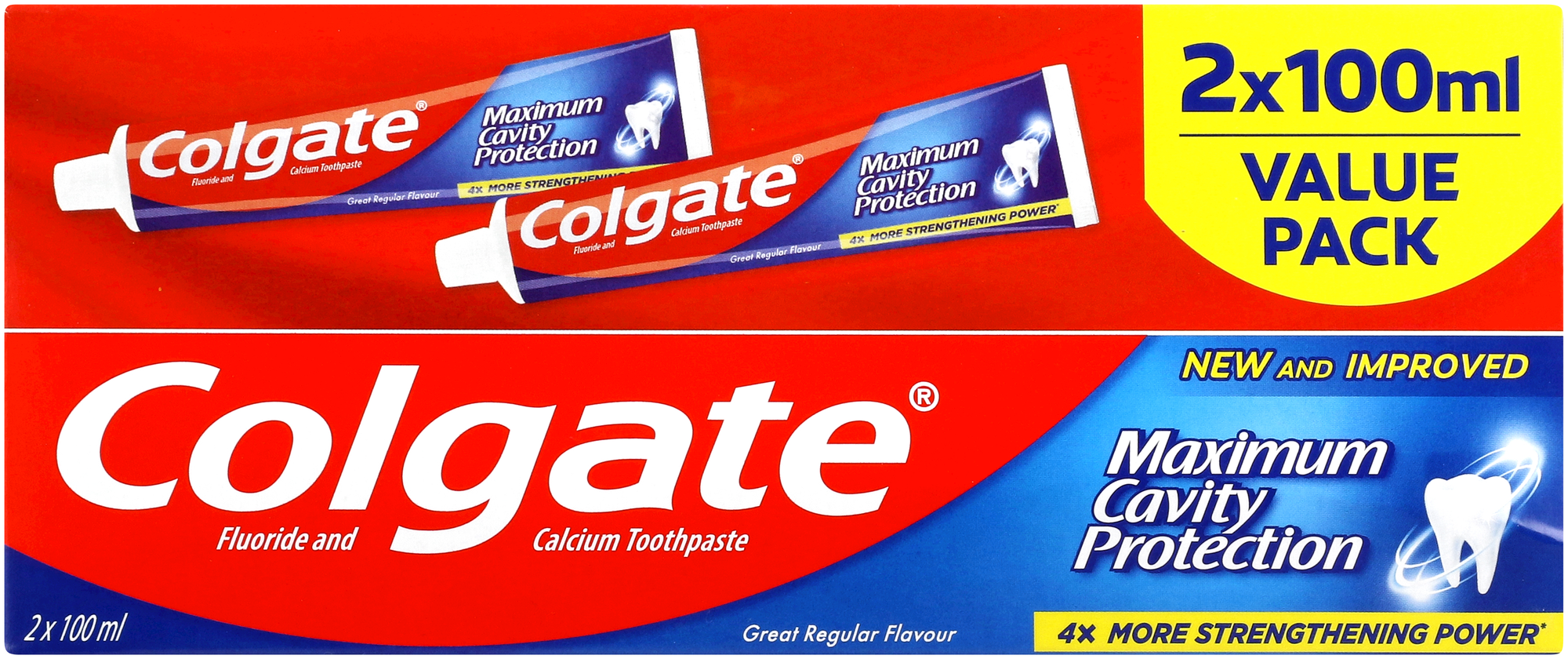-
-

CAVITIES
Can You Heal A Cavity At Home?You feel a sharp pain when you bite down or try to eat. You think it's a cavity, but you're not 100 percent sure...

BAD BREATH
How To Cure Bad BreathMore commonly known as bad breath, halitosis is an embarrassing hygiene issue that nobody wants, but some of us get every now and then...
-
Science & Innovation
- Colgate® | Toothpaste, Toothbrushes & Oral Care Resources
- Oral Health
- Can You Heal A Cavity At Home?


You feel a sharp pain when you bite down or try to eat. You think it's a cavity, but you're not 100 percent sure. Your dentist can see you, but it will be a few days. Meanwhile, you want relief and a solution now. The big question you have is, can you heal cavity pain at home, without help from your dentist?
Although there are steps you can take to remineralise your tooth enamel and halt the decay process at home, if you suspect that you have a cavity, the best thing you can do is schedule an appointment with your dentist for treatment. In the early stages, it is possible to reverse dental decay but once the enamel is fully weakened and destroyed, only a dentist can repair the damage created by a cavity.
Reversing Early Cavities
Although only a dentist can diagnose a cavity, you might be able to see the early signs of decay by taking a look at your teeth in the mirror. A white spot on a tooth is usually a sign that the enamel is weak and that decay is likely.
At this stage, you can remineralise the tooth to strengthen its enamel and correct the decay.The South African Dental Association recommends using antibacterial rinses or toothpastes that contain fluoride and calcium to repair the tooth. You can ask your dentist what he or she recommends using, while you wait for your scheduled appointment.
Getting Help for Your Cavity
Once a cavity has actually developed, the only really effective way to heal cavity pain is by having your dentist repair it. How a dentist repairs a cavity depends on how far along it is. If the decay has created a hole in the tooth's enamel but hasn't yet spread to the nerves of the tooth, your dentist will likely create a filling for the tooth. After the cavity is cleaned out, the filling is placed to seal up the hole in the tooth and prevent further decay from occuring.
In more severe cases, your dentist may need to perform a root canal to fix the tooth or you might need to have the entire tooth removed if it is severely decayed and replaced with an implant or bridge. Although these can seem like extreme options, they will help improve the overall health of your mouth in the long run.
Preventing Future Cavities
The odds are likely that you don't want to go through the stress of worrying about a cavity or figuring out the best way to treat and heal a cavity again. The good news is that you can be proactive about preventing more cavities from forming.
Step one is to re-evaluate your diet. The germs in your mouth that create cavities love to feed on sugars and starches. This process causes them to create acids, which harm the teeth and wear away enamel. To protect your teeth, try to avoid sugary and starchy foods as much as possible. You can also focus on eating foods that help fight decay, such as dairy products and raw vegetables.
Taking care of your teeth and gums at home will also help prevent future cavities. Brush twice a day with a toothpaste that helps repair early teeth and gum damage and strengthens teeth by remineralising weakened enamel.
It's also important to continue to see your dentist regularly so that he or she can detect early signs of cavities and help you reverse the damage, without the need for a filling or more extensive treatment. Although twice-a-year dental visits are usually recommended, your dentist might suggest coming in more often if you have a history of cavities. Catching decay and cavities early is the key to healing them without having to undergo an unpleasant treatment.
Related Products

Helping dental professionals
More professionals across the world trust Colgate. Find resources, products, and information to give your patients a healthier future










